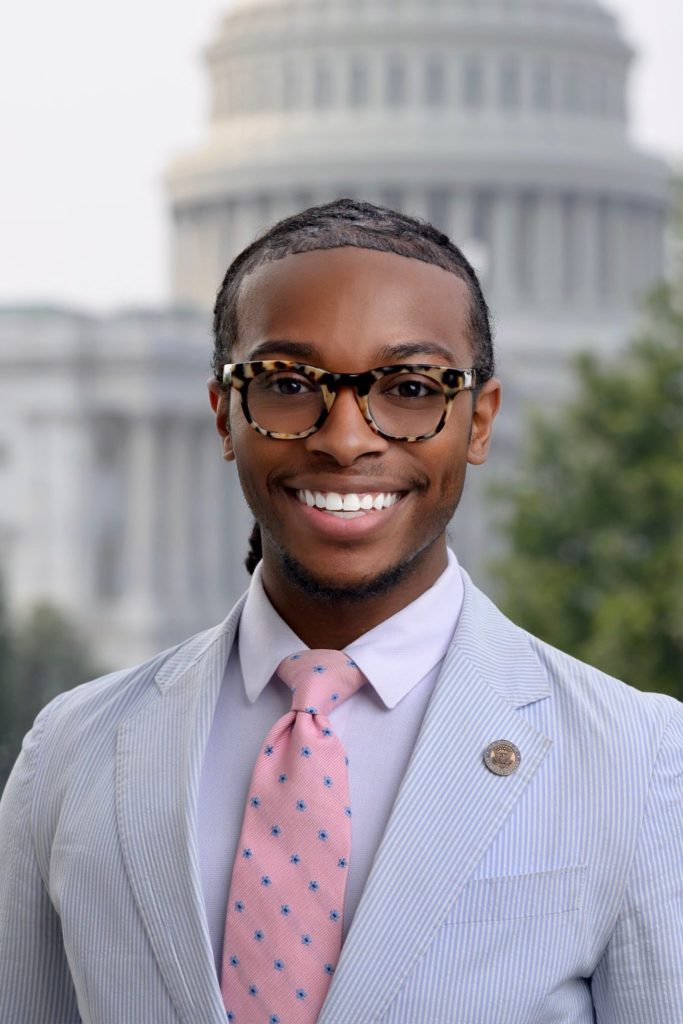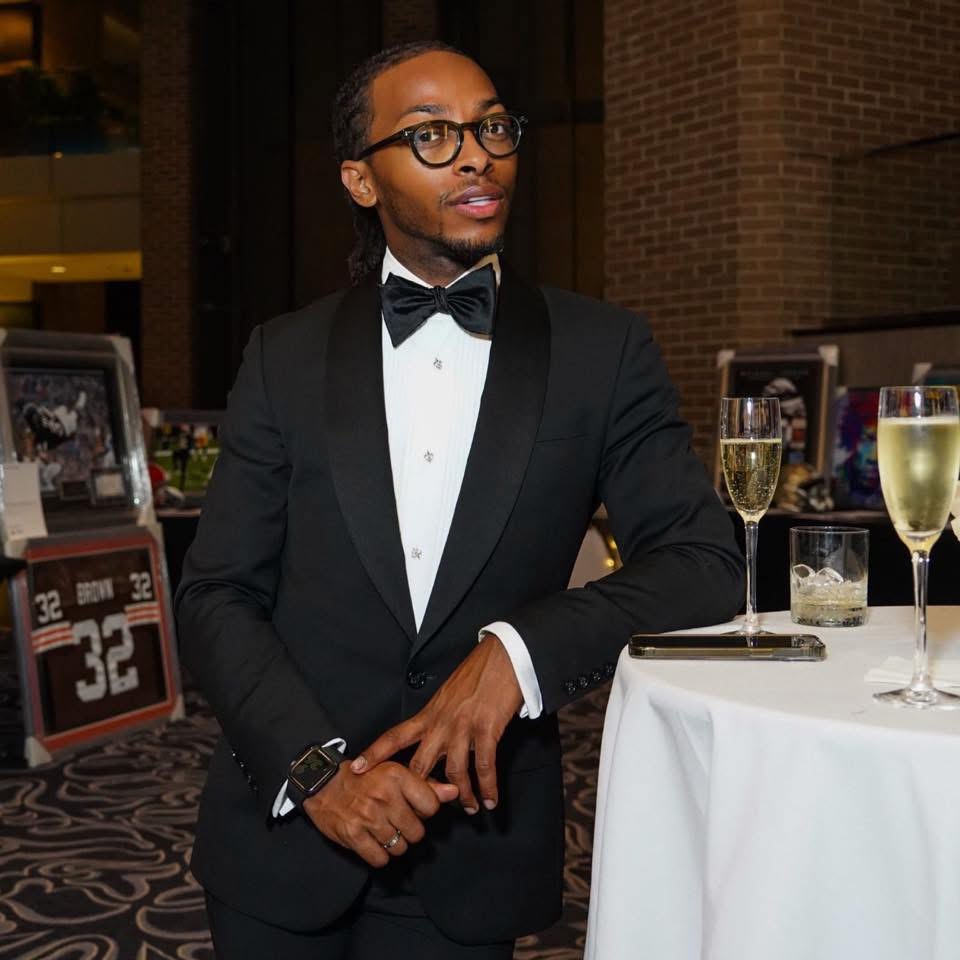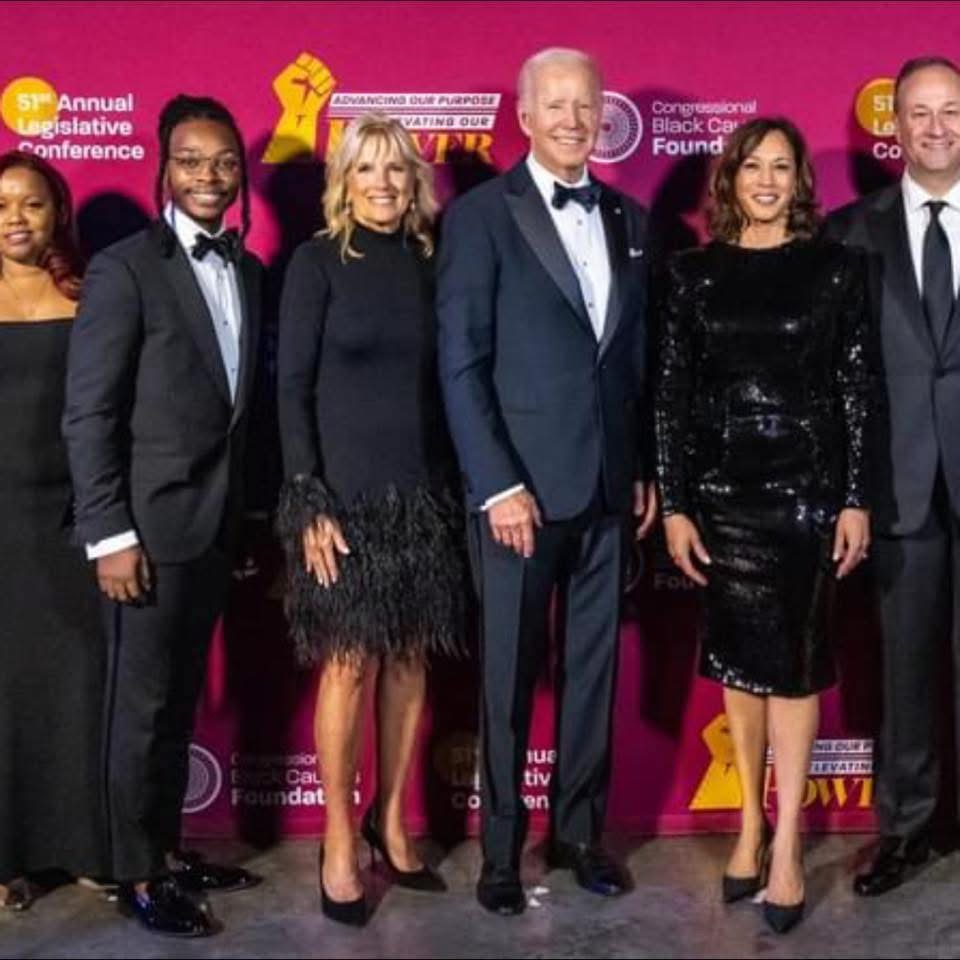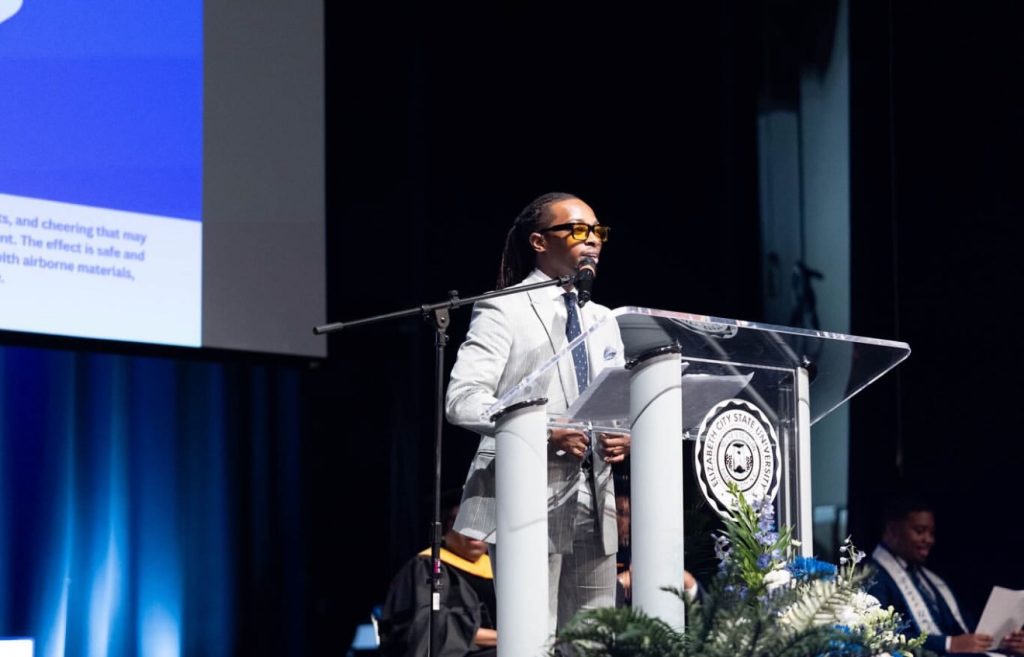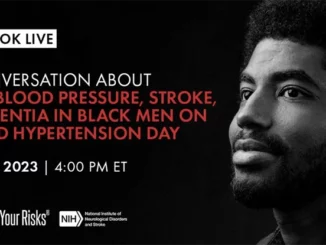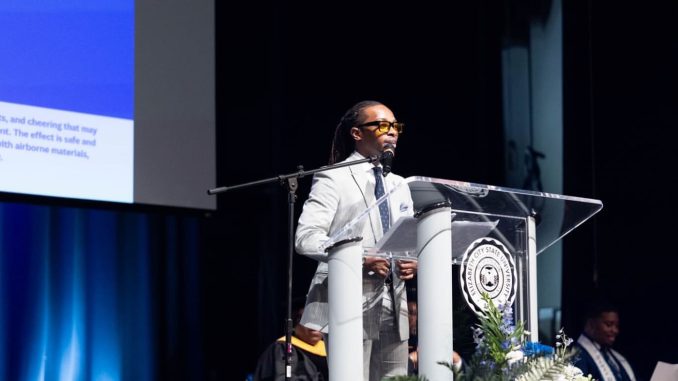
BY Staff
Remmington F. Belford, MPS, has built a career at the intersection of public affairs, equity, and storytelling, guided by a vision shaped as much by absence as by opportunity. Raised in Houston in a family rooted in service and coming of age as a Black queer man educated at an HBCU, Belford understood early what it meant to both need access and to receive it. That lived experience ignited his commitment to serve as a bridge—carrying the voices of those too often excluded into the very rooms where decisions are made. Today, as a nationally recognized strategic communicator and the newly appointed National Director of Branding, Marketing, and Communications for UNCF, he continues to embody that mission: ensuring that narrative is not only a tool for influence but also a force for justice, innovation, and enduring legacy.
What first inspired you to pursue this path, and how has your personal journey shaped your professional mission?
I was inspired by the absence I saw in the rooms where decisions were made. Too often, the people most affected by policies or programs were not represented in shaping them. I wanted to serve as a connector, someone who could carry those voices into places where they were not always welcomed. My personal journey shaped that mission. Growing up in Houston, raised in a family rooted in service, and coming into my own as a Black queer man educated at an HBCU, I experienced firsthand what it meant to both need opportunity and to receive it. That lived experience gave me my purpose.
You’ve recently stepped into the role of National Director of Branding, Marketing, and Communications for UNCF. What does it mean to you to contribute your expertise to such a historic organization, and how do you envision amplifying its legacy?
It is both humbling and energizing to serve UNCF. This organization has been a cornerstone of opportunity for generations, ensuring that countless students could attend and complete college. For me, contributing my expertise here is about honoring that history while also pushing it forward. I want to amplify UNCF’s story in ways that are timely, urgent, and compelling. Our brand must remind supporters why their investment matters while also engaging new audiences who may not know the full breadth of what UNCF does. My vision is for UNCF to be seen not only as an institution of legacy but as an engine of innovation for the next century.
Your tenure at the Environmental Protection Agency placed you at the forefront of climate action and environmental justice. What were the most rewarding and most challenging aspects of being the public voice of the agency during such a critical time?
The most rewarding part was being able to translate complex science and policy into real human terms. I could say to a family, “This is why your water is safe,” or “This is how we are fighting to protect the air your children breathe.” That clarity mattered. The challenge was navigating through national crises and political divisions that threatened to drown out the facts. Misinformation traveled quickly. What kept me grounded was knowing that if even one community could make better choices because of clear communication, the work was worth it.
Serving as Communications Director for the Congressional Black Caucus and working closely with several members of Congress gave you a front-row seat to transformative legislation. How did those experiences shape your understanding of the power of narrative in advancing equity and justice?
Those experiences taught me that policy by itself is never enough. Narrative is what gives legislation its heartbeat. It takes a set of provisions and makes them meaningful to the public. Working with the Caucus, I saw how narrative could galvanize communities, build coalitions, and even shift the national conversation. I carry that lesson into every space I enter. Equity and justice require narrative that affirms the dignity of people and makes their experiences impossible to ignore.
As Vice President of the Board of the Black, Gifted and Whole Foundation, you’ve helped support Black queer men in achieving academic success. Why is this work so deeply personal to you, and what impact have you witnessed in the lives of the scholars you serve?
It is personal because I know the difference it makes when someone believes in you. I see myself in our scholars, young men who are brilliant but sometimes overlooked. Providing scholarships and mentorship is about opening doors that might otherwise remain closed. I have seen the impact when a student who doubted himself not only graduates but goes on to mentor others. That ripple effect is why this work matters. It is creating opportunity where there was once a barrier.
You are a proud graduate of Texas Southern University and have gone on to study at some of the nation’s leading institutions. How has education influenced your life and career, and how do you see it continuing to change lives within Black communities today?
Education has been the single most transformative force in my life. Texas Southern gave me a foundation rooted in identity and community. Graduate study provided tools, perspective, and networks that expanded my reach. Every opportunity I have had has been tied to education. For Black communities, education remains the gateway to mobility, innovation, and leadership. It is not just a degree. It is a path to independence and a way to transform not only one life but entire families and neighborhoods.
Your career spans moments of crisis communication, national advocacy, and cultural storytelling. How do you stay grounded when the stakes are so high, and what practices do you rely on to maintain balance?
I stay grounded by reminding myself that the work is not about me. Pressure is a privilege because it means I am trusted with responsibility. My faith keeps me rooted. My family provides balance. And my personal practices such as reading, cooking, and staying connected to music allow me to step away from the noise and reconnect with joy. Those practices ensure I return to the work with clarity and resilience.
Faith, service, and legacy are woven throughout your personal story. How do those values guide you in your professional and civic leadership?
Faith teaches me to see purpose in every step. Service keeps me focused on others rather than self. Legacy demands that I think long-term, beyond immediate wins, toward what I am leaving behind. These values guide me to lead with integrity, to prioritize impact over ego, and to measure success by how many doors I open for others.
Outside of your professional roles, you describe yourself as a voracious reader, an amateur chef, and a proud member of the Beyhive. How do these passions fuel your creativity and keep you connected to joy?
These passions remind me that creativity must be lived, not just practiced. Reading sharpens my imagination and my empathy. Cooking connects me to culture, memory, and community. Music keeps me grounded in artistry, excellence, and joy. Each of these passions informs the way I approach storytelling, strategy, and leadership. They keep me energized and connected to the human side of the work.
Looking ahead, what do you hope your legacy will be as a communicator, leader, and advocate for equity and justice?
I want my legacy to be that I was a bridge. That I took my skills and used them to connect people to opportunities they might not have otherwise had. That I left behind systems that were more inclusive, organizations that were more accountable, and communities that were better served because I lived out my mission.
You’ve built a reputation as a strategic communicator and trusted advisor across government, nonprofit, and corporate spaces. How would you describe the entrepreneurial mindset that has guided your career in public affairs?
My mindset has always been to see possibility where others see limitation. I approach communications not as a function that follows strategy but as a driver of it. That means being innovative, adaptable, and bold enough to chart new paths. I have learned to create solutions even in the most complex environments, and to view every challenge as an opening to build something stronger.
Your new role at UNCF places you at the helm of branding, marketing, and communications for one of the most impactful organizations in the nation. What strategies do you believe are essential for keeping legacy institutions relevant in a rapidly changing media landscape?
Relevance requires agility. Legacy institutions must honor their history while refusing to be bound by it. At UNCF, that means showing impact in real time, embracing digital platforms to reach new audiences, and creating messages that reflect today’s cultural landscape. The strategy is to hold fast to the mission but be fearless in how we tell the story.
Having served as Press Secretary for the EPA during the Biden-Harris Administration, you’ve navigated high-stakes communication during moments of national urgency. What lessons did you learn about leadership and resilience under pressure that now inform your work?
I learned that leadership is about presence, not perfection. In moments of crisis, people need steadiness and clarity more than they need flawless execution. Resilience is built in those moments when you are called to speak, even as the ground shifts beneath you. Those lessons taught me to lead with calm, to communicate with focus, and to never lose sight of the people depending on me for answers.
From Congress to the EPA to UNCF, you’ve worked with organizations that drive equity, justice, and opportunity. How do you approach aligning messaging with mission to ensure impact and authenticity?
I begin with the why. If the message does not clearly reflect the mission, it will not resonate. Authenticity comes from ensuring that what we say matches what we do. I align messaging with mission by keeping the focus on the people being served, not just the institution. That is what creates trust, and trust is the foundation of impact.
Many professionals view communications as a support function, but you’ve positioned it as a driver of strategy and innovation. How do you demonstrate the business value of effective communications to organizational leaders?
I demonstrate it by showing how communications drives results. A clear narrative attracts resources, builds trust, and expands influence. Communications is not a cost center. It is an investment that yields returns in funding, partnerships, and credibility. I show leaders that strategy without communication is incomplete.
You’ve managed transitions, crises, and campaigns that required building trust across diverse audiences. What role does cultural competency play in successful communications today?
Cultural competency is non-negotiable. To communicate effectively, you must understand and respect the lived experiences of the people you are engaging. Without that, your message may be heard but it will not be received. Cultural competency is about trust. It ensures that communication is not just accurate but resonant.
In addition to your professional leadership, you serve on the board of the Black, Gifted and Whole Foundation, supporting Black queer men in higher education. How does this work reflect your broader vision for equity and representation in leadership pipelines?
This work reflects my belief that equity requires intentionality. Supporting Black queer men ensures that leadership pipelines are not limited to a select few but inclusive of brilliance in all its forms. It is about ensuring that opportunity flows to those who have historically been excluded. That is the broader vision I carry into every role.
Mentorship and professional development have been part of your journey since your time with the Congressional Black Caucus Foundation. How do you now pay that forward for the next generation of communicators and leaders?
I pay it forward by giving time, by opening networks, and by being honest about what it takes to succeed. Young communicators need more than encouragement. They need access and guidance. I try to be the person I once needed—someone who believes in them, advocates for them, and equips them to lead.
As someone who has cultivated a career with breadth and depth, what advice would you give professionals seeking to build influence and credibility across different industries?
Be consistent in your values, be credible in your work, and be curious enough to keep learning. Influence is not about titles or positions. It is about trust. If people trust your word and respect your work, influence will follow you across any industry.
Looking at the future of communications and leadership, where do you see the greatest opportunities for innovation, and how are you preparing to lead in that space?
The future lies at the intersection of culture, creativity, and technology. We are moving into an era where digital storytelling will be as powerful as policy in shaping public will. I am preparing by staying rooted in cultural fluency, embracing innovation, and being willing to experiment with new platforms. The opportunities ahead will belong to those who can marry data with humanity and deliver messages that move people to act.
Your background highlights a love of creativity and storytelling. How has your exposure to the arts shaped the way you approach communication and leadership?
The arts taught me rhythm, discipline, and the power of emotion. They showed me how to translate complexity into story and how to communicate in ways that touch both the head and the heart. That perspective shapes how I lead and how I craft messages that are memorable, compelling, and impactful.
The arts often teach discipline, collaboration, and the ability to translate complex emotions into compelling narratives. How do you see those lessons supporting your work at UNCF?
Those lessons are essential. Discipline ensures that we deliver excellence consistently. Collaboration reminds us that every strong story requires a team. Translating complexity into narrative is at the heart of our work at UNCF. We are not just sharing statistics. We are telling human stories that inspire investment and belief in our mission.
HBCUs have historically been cultural incubators, producing some of the most influential artists, writers, and performers of our time. How do you see the arts as a vital part of the legacy and future of these institutions?
The arts are central to the identity of HBCUs. They have been spaces where culture was not just preserved but created. From music to literature to performance, HBCUs have birthed movements that shaped the nation. That legacy continues today. The arts remain a vital part of how HBCUs prepare students to lead, inspire, and innovate.
Art and culture have the power to move people in ways data and policy sometimes cannot. How do you integrate creativity and artistic expression into the way you craft messages that inspire action?
I integrate creativity by remembering that facts inform but art inspires. A chart may show progress, but a story rooted in culture moves people to act. I use artistic expression to give life to data and policy, making messages not only clear but compelling.
You’ve led communications in high-stakes environments, from the halls of Congress to the EPA. How has your grounding in the arts given you tools to translate complex issues into stories that resonate?
The arts gave me the ability to see the human side of complexity. They taught me how to simplify without diminishing, how to take what is technical and render it personal. Whether it was climate policy or legislative reform, grounding in the arts allowed me to craft stories that resonated with both policymakers and everyday people.
The arts are also about representation—about seeing yourself in the story being told. How does that idea connect to your mission of amplifying equity and opportunity through education?
Representation is about possibility. When you see yourself in a story, you begin to believe more is possible for you. That principle connects directly to my mission in education and equity. When we amplify stories of diverse students and leaders, we make opportunity visible, and visibility is the first step toward access.
As you step into your role at UNCF, how might the arts be leveraged to not only share the story of the organization but also to engage new generations of students, alumni, and supporters?
The arts can be a bridge between legacy and innovation. By using artistic expression, visual storytelling, performance, digital media, we can reintroduce UNCF to a new generation in ways that resonate with how they consume information. The arts allow us to tell our story with energy, creativity, and authenticity, drawing students, alumni, and supporters into our mission in fresh ways.
Looking at your own journey, where do you see the intersection of art, advocacy, and education shaping the broader conversations on equity and justice?
I see that intersection as the future. Advocacy gives us purpose. Education gives us structure. Art gives us power to connect. When these three come together, they have the capacity to not just raise awareness but to change systems. In my own journey, I have seen how art can humanize policy, how advocacy can elevate stories, and how education can transform lives. That is the work I am committed to leading



